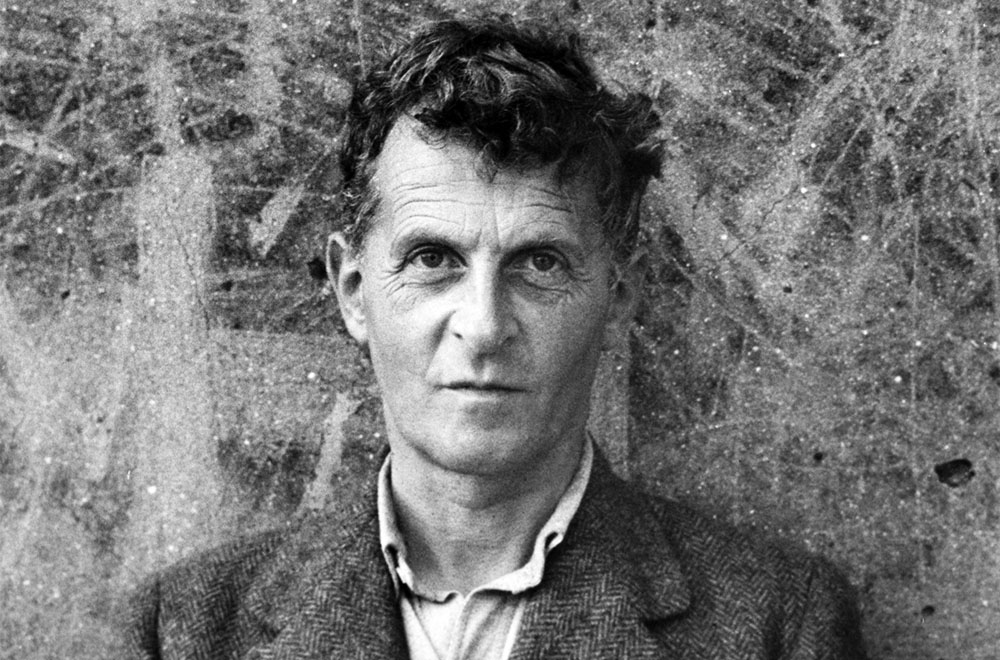David Chandler

In the summer of 1937, Ludwig Wittgenstein returned to Cambridge, England from yet another bout of self-imposed isolation in Skjolden, Norway. Having left in the August of 1936, one of the many purposes of this trip was to make an attempt at a German translation of the English language version of the Brown Book. Such a text was dictated to two of his students during the 1934-1935 academic year in Cambridge; namely, Alice Ambrose and Francis Skinner. This endeavour, however, was all but abandoned by the November of 1936, just three months after his arrival, with Wittgenstein going so far as to describe it as “worthless”. But this is not to say that Wittgenstein’s time in Norway was one that proved to be philosophically unproductive. Rather, it was during his period that he came to finish the Urfassung (origin-manuscript) of what would later become known as the Philosophical Investigations. After returning to England, Wittgenstein is said to have organised to meet with G.E. Moore and some other colleagues in Cambridge. There, in conversation with Moore, he insisted that the Brown Book, and by extension its German revision, contained the “wrong method” (falsche Methode). And yet, it was through his most recent writings that he now felt as though he possessed the “right method” (die richtige Methode). This supposed change in perspective raises a number of questions as to what Wittgenstein could have meant by this remark. In this paper, I hope to make some progress towards unravelling these concerns.
David Chandler (University College London)
To join the session on Zoom, please contact Robert Vinten at rvinten@fcsh.unl.pt.
This is the sixth of a series of RIP seminars within the scope of the activities of the Lisbon Wittgenstein Group, coordinated by Nuno Venturinha.

